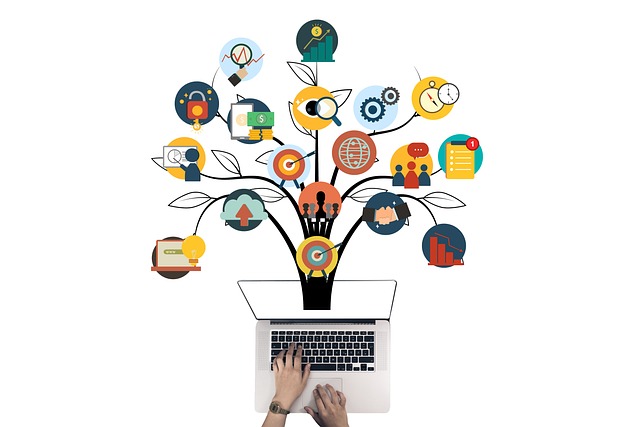The Role of Continuous Learning in Career Development
Continuous learning plays a crucial role in career development, enabling individuals to stay relevant in a rapidly changing job market and enhancing their professional growth. In today’s dynamic and competitive world, the ability to adapt and acquire new skills is essential for long-term success. This article explores the importance of continuous learning in career development and provides valuable insights on how individuals can embrace lifelong learning to thrive in their chosen professions.
The Changing Landscape of Work
The nature of work has undergone significant transformations in recent years. Technological advancements, automation, and globalization have disrupted traditional job roles and created new opportunities. According to a report by the World Economic Forum, 54% of all employees will require significant reskilling and upskilling by 2022.
With the rise of artificial intelligence and automation, routine tasks are increasingly being automated, leading to a demand for higher-level skills that cannot be easily replicated by machines. Continuous learning allows individuals to acquire these skills and remain competitive in the job market.
Benefits of Continuous Learning
Continuous learning offers numerous benefits for career development:
- Enhanced Employability: Continuous learning equips individuals with the latest knowledge and skills, making them more attractive to employers. It demonstrates a commitment to personal growth and a willingness to adapt to changing circumstances.
- Increased Job Satisfaction: Learning new things and acquiring new skills can lead to increased job satisfaction. It allows individuals to take on new challenges, expand their responsibilities, and find fulfilment in their work.
- Improved Performance: Continuous learning enhances job performance by providing individuals with the tools and knowledge needed to excel in their roles. It enables them to stay updated with industry trends, best practices, and emerging technologies.
- Career Advancement: Continuous learning opens doors to new opportunities and career advancement. It equips individuals with the skills and knowledge required for higher-level positions and increases their chances of promotion.
Strategies for Embracing Continuous Learning
Embracing continuous learning requires a proactive approach and a commitment to personal growth. Here are some strategies individuals can adopt to make continuous learning a part of their career development:
1. Set Learning Goals
Start by setting clear learning goals aligned with your career aspirations. Identify the skills and knowledge you need to acquire to progress in your chosen field. Break down these goals into smaller, achievable milestones to stay motivated and track your progress.
2. Seek Learning Opportunities
Take advantage of various learning opportunities available both within and outside your workplace. Attend workshops, seminars, and conferences related to your field. Explore online courses, webinars, and podcasts to expand your knowledge. Engage in networking events to learn from industry experts and peers.
3. Develop a Learning Routine
Establish a regular learning routine to ensure consistency. Allocate dedicated time for learning activities, whether it’s reading industry publications, completing online courses, or practising new skills. Treat learning as a priority and integrate it into your daily or weekly schedule.
4. Embrace Technology
Technology has made learning more accessible than ever before. Leverage online platforms, e-learning platforms, and mobile applications to access a wide range of learning resources. Take advantage of virtual classrooms, interactive tutorials, and online communities to enhance your learning experience.
5. Seek Feedback and Mentorship
Seek feedback from mentors, supervisors, and colleagues to identify areas for improvement. Actively seek mentorship opportunities to learn from experienced professionals in your field. Their guidance and insights can accelerate your learning and provide valuable career advice.
Case Study: The Impact of Continuous Learning
Let’s consider the case of Sarah, a marketing professional who recognized the importance of continuous learning in her career development. Sarah regularly attended industry conferences, completed online courses, and sought mentorship from senior marketing executives.
As a result of her continuous learning efforts, Sarah gained a deep understanding of digital marketing trends and emerging technologies. She implemented innovative strategies in her organization, resulting in increased customer engagement and revenue growth. Sarah’s expertise and commitment to learning led to her promotion to a managerial role within a short period.
Conclusion
Continuous learning is a vital component of career development in today’s rapidly evolving job market. It enables individuals to stay relevant, enhance their employability, and achieve long-term success. By setting learning goals, seeking opportunities, developing a routine, embracing technology, and seeking feedback and mentorship, individuals can embrace continuous learning and unlock their full potential. Embracing continuous learning is not only beneficial for personal growth but also essential for professional advancement and career satisfaction.



